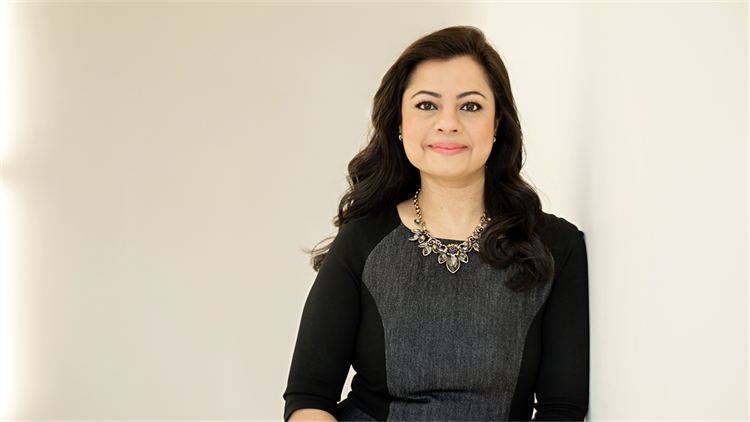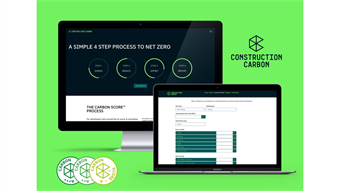The proptech strategies of members of REIN: Commerz Real
- In PropTech
- 01:00, 04 maart 2019
- 438 Views

Six questions for Barkha Mehmedagic, Executive Director, Head of Asset Financing, Commerz Real
1. What is the digitalisation and innovation strategy of your company?
Within our vision Commerz Real 4.0, we are pursuing the goal to become a digital asset manager. That implies that we are combining the agile, fast, flexible and creative characteristics of a start-up with our long-term industry expertise while always putting our clients in the center of our vision. The key part within our digitalisation and innovation strategy is played by DigitalWerk, which was established in 2016 within the company. A central element of our digitalisation is our new FlagShip store, which is not only a trendsetter, but also a pioneer for “Smart Offices”. It incorporates our understanding of a digital and smart workplace. In our vision, the office is developing into a multi-use area. Our FlagShip store contains offices, a creative area, conference and event areas as well as a showroom for our products and services.
2. What are the main future trends for the real estate industry?
Within office properties, working place and environment become increasingly important to companies. Health and satisfaction of employees, leading to higher productivity, is becoming key. Asset managers and lessors will need to react to the changing demands of their tenants by increasing flexible use of areas within their property and being more open-minded towards refurbishments to allow multi-usage of spaces.
Within the residential property market, we observe a more flexible labour market and an increasing number of single households, which may increase the demand for micro-apartments within bigger cities.
In general, the real estate industry needs to have a constant dialogue with tenants to meet modern requirements and be open to restructuring of existing properties.
3. Which parts of the real estate lifecycle will be affected the most?
Asset management and project management will be more combined, to keep properties attractive for tenants. In choosing suitable office properties and locations, companies will shift away from a purely financial view to one that is based more on health, comfort and sustainability. Keeping the property portfolio up-to-date will be a crucial part of the real estate life cycle. Additionally, the planning and acquisition phase of the real estate life cycle will be shortened in the future, especially for plain vanilla/standard transactions. New technologies will shape this process, making it faster and more efficient.
4. Which applications and use cases in real estate finance are of particular interest for you?
I am interested to see more common standards and transparency in the acquisition process in real estate financing. I would like to see a start of the art financing process which allows interactive communication between the participants, exchange of information and data for best results.
5. How do you prepare for the future?
We are testing new technologies and trends in the market which we believe could improve efficiency and shape our work in the future. We have a dynamic start-up-environment integrated in our company and develop and test different new trends, but we focus first on our clients, who will always be our top priority.
6. Why did your company join the Real Estate Innovation Network (REIN)?
REIN is a good platform, connecting different companies, investors and industry experts to exchange views on digitalisation and developments in the market. We enjoy sharing our views on digital transformation and exchange ideas with like-minded partners. Additionally, REIN is a good source for news of the proptech sector as well as a mirror for developments in the market.






